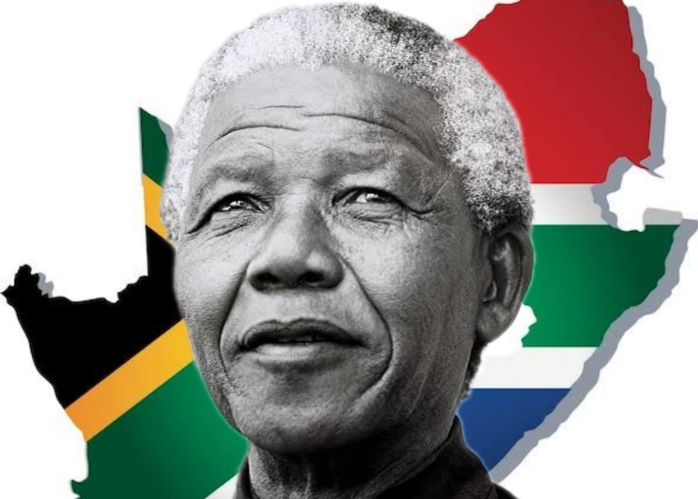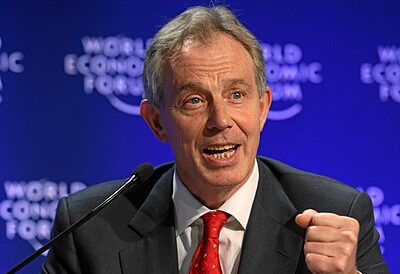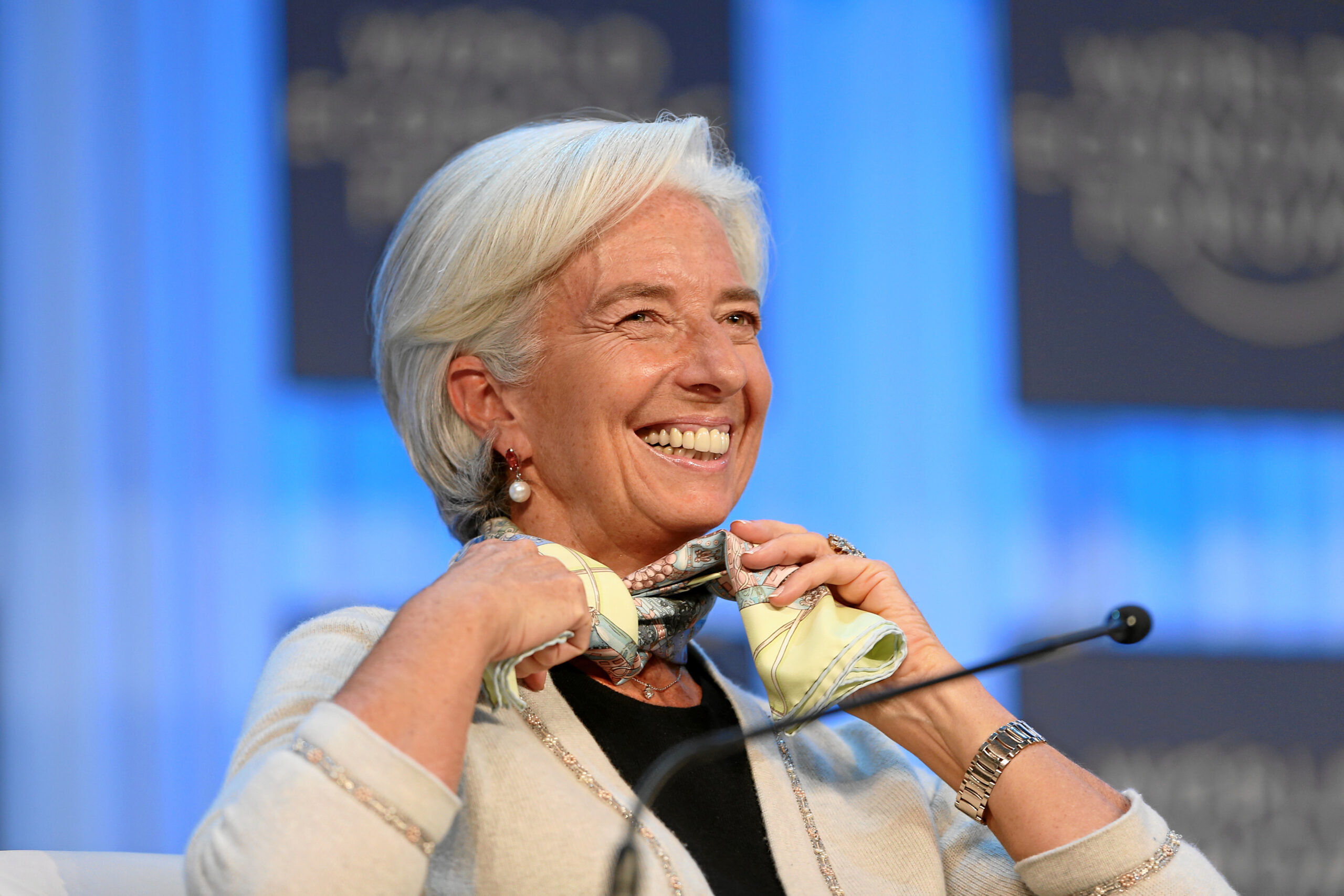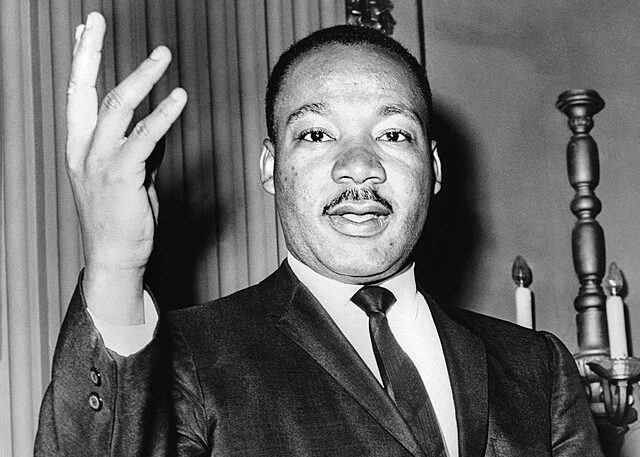Nelson Mandela, the revered South African anti-apartheid revolutionary and politician, is etched into the annals of history for his unparalleled contributions to the fight against racial discrimination and the dismantling of apartheid in South Africa. His unwavering dedication to justice and equality earned him widespread admiration, but his journey was not without controversies and criticisms. It is imperative to recognize that these controversies often stem from differing perspectives and historical interpretations, and they should not overshadow the profound impact and legacy left by Nelson Mandela.
Early Activism: Challenging the Status Quo
Mandela’s early activism and involvement with the African National Congress (ANC) drew both praise and skepticism. While many celebrated the ANC as a stalwart champion of liberation, some critics perceived it as a radical and revolutionary organization that endorsed violence as a means to end apartheid.
Spear of the Nation: An Armed Struggle
Mandela co-founded MK, the armed wing of the ANC, in 1961, which engaged in sabotage and bombings against government institutions. As a prominent member of the ANC, Mandela played a pivotal role in establishing “Umkhonto we Sizwe” (Spear of the Nation), the armed wing of the ANC. This move led to accusations that he supported violence as a political tool, and the apartheid government labeled MK as a terrorist organization resulting in his arrest and subsequent charges of sabotage and conspiracy to overthrow the government.
Imprisonment and Trial: A Global Outcry
In 1964, Nelson Mandela and other ANC leaders were sentenced to life imprisonment in the Rivonia Trial for charges related to sabotage and conspiracy. Mandela’s protracted imprisonment, spanning an agonizing 27 years, and his high-profile trial, famously known as the Rivonia Trial, ignited international outrage and fervent debate. While some critics labeled him a terrorist deserving of severe punishment, his supporters saw him as a heroic freedom fighter.
Allegations of Communism: Political Smear Campaign
During the tense Cold War era, the apartheid regime, along with certain Western countries, resorted to portraying the ANC and Mandela as communist sympathizers. These allegations were wielded as tools to undermine his cause and bolster the oppressive policies of the apartheid government.
Refusal to Renounce Armed Struggle: Unyielding Convictions
Even when offered early release from prison on the condition of renouncing the armed struggle, Mandela unwaveringly refused until apartheid was officially dismantled. This resolute stance was perceived by some critics as uncompromising and unyielding.
Complex Relationship with Winnie Mandela
Nelson Mandela’s association with his second wife, Winnie Mandela, was marked by controversy. While she was a prominent ANC activist and leader, her involvement in violent activities and alleged human rights abuses divided anti-apartheid supporters.
Support for Armed Movements: Political Dichotomy
Critics contended that Mandela and the ANC exhibited a measure of hypocrisy in denouncing armed movements in other countries while simultaneously endorsing armed struggle in their own fight against apartheid.
Truth and Reconciliation Commission: A Contentious Process
The establishment of the Truth and Reconciliation Commission (TRC) after the end of apartheid evoked mixed reactions. Some felt that the amnesty granted to perpetrators of violence and human rights abuses during apartheid was too lenient, while others saw it as a vital step towards healing and reconciliation.
Land Redistribution Policies: Striking a Balance
Post-apartheid, Mandela’s government implemented land redistribution policies, which invited criticism from those who deemed them inadequate in addressing land inequalities.
Failure to Eradicate Poverty: Socio-economic Challenges
While significant progress was made in combating racial discrimination, critics asserted that Mandela’s government fell short in effectively addressing poverty and socio-economic disparities in post-apartheid South Africa.
HIV/AIDS Crisis: A Lamentable Lag
Mandela faced criticism for the slow response of his government to the HIV/AIDS crisis during his presidency. The delayed action resulted in a tragically high number of deaths and infections.
Conclusion:
In conclusion, Nelson Mandela’s life and actions were enmeshed in a tapestry of complexities and controversies, often fueled by the volatile political climate of his time. However, his steadfast commitment to justice, reconciliation, and democracy remains an indelible mark on the world’s history.




